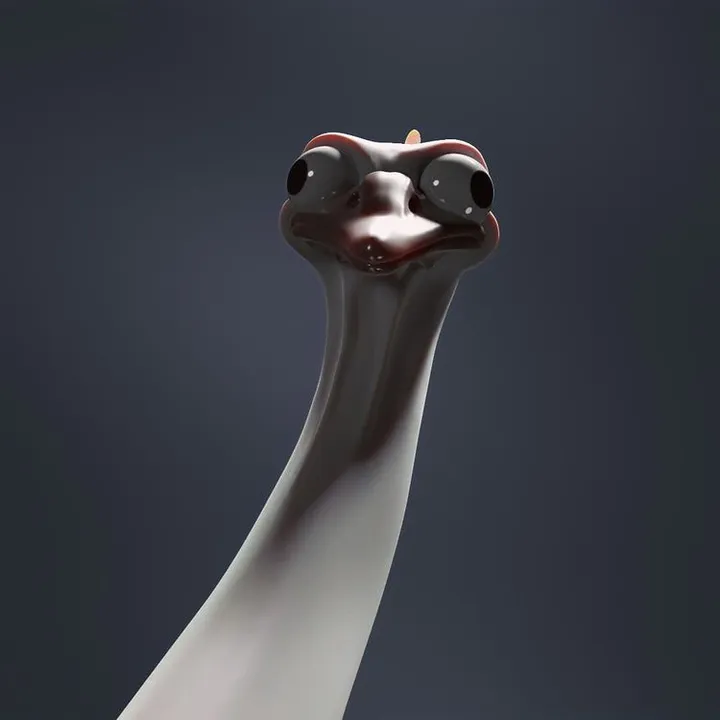Exploring the Ethical Implications of Domesticating Animals: A Selfish or Selfless Pursuit?
Domestication of animals has been an important part of human history for hundreds, if not thousands, of years. It has been used to provide food, clothing, and companionship. But is the domestication of animals a selfish or selfless pursuit?
From the animal perspective, domestication is often seen as a selfish pursuit. Animals are taken from their natural habitats and forced to live in small enclosures and cages, often with limited access to food, water, and exercise. This lack of freedom can be stressful and lead to physical and mental health problems. Additionally, the instincts and behaviors of animals are often suppressed, making them less capable of survival in the wild.
On the other hand, some argue that domestication can be beneficial for animals. Domestication can provide animals with protection from predators, as well as a reliable source of food and shelter. This can be especially true in the case of endangered species, which are often bred in captivity to ensure their survival. Additionally, domestication can provide animals with companionship, as well as the opportunity to form bonds with their human caretakers.
The ethical implications of domestication are further complicated by the fact that it can be used for both selfish and selfless purposes. For example, some people may choose to raise animals for their own personal benefit, such as for food or companionship. Others may choose to raise animals for more altruistic reasons, such as providing them with a safe and comfortable home. This can make it difficult to definitively label the act of domestication as either selfish or selfless.
Ultimately, the ethical implications of domestication are highly subjective and depend on the individual’s motivations and intentions. Some may see it as a selfish act, while others may see it as a selfless one. In either case, it is important to consider the welfare of the animal, as well as the potential implications of the act on both the animal and the environment.
Domesticating Animals: The Pros and Cons of a Selfish or Selfless Pursuit?
When considering the domestication of animals, it's important to consider whether it is a selfish or selfless pursuit. On one hand, proponents of domestication argue that it provides humans with companionship and protection, while on the other, opponents argue that it is a form of exploitation. So, what are the pros and cons of this practice?
Pros of Domesticating Animals
One of the major benefits of domesticating animals is the companionship and emotional support they can provide. Humans have been bonding with animals for centuries, and the relationship between people and their pets can be incredibly beneficial for both parties. Domesticating animals can also provide humans with protection and assistance in their daily lives, such as guiding the blind or helping farmers with their work.
Domestication can also have economic benefits. Animals can be used to produce food and other products, such as wool and leather. In addition, they can be used to provide entertainment and other services, such as racing and circus performances.
Cons of Domesticating Animals
Despite the potential benefits, there are also some serious ethical and moral concerns with the domestication of animals. Many people argue that it is a form of exploitation and that animals should not be treated as “property”. They may also point out that animals can suffer from neglect and abuse in domestic settings, as well as being confined to small spaces.
The environmental impacts of domestication can also be problematic. Domestic animals can compete with native species for food and habitat, and their waste can pollute waterways and other ecosystems. In addition, some animals, such as cats and dogs, can be a nuisance to other wildlife.
Conclusion
In conclusion, the domestication of animals can be a selfish or selfless pursuit, depending on one’s perspective. On the one hand, it can provide humans with companionship and protection, while on the other, it can lead to exploitation and environmental degradation. Ultimately, it is up to each individual to decide whether or not the benefits outweigh the costs.
Examining the Emotional and Moral Dilemma of Domesticating Animals: A Selfless or Selfish Pursuit?
The domestication of animals has been a central part of human societies since prehistoric times. While it has provided us with companionship, food, and a range of other benefits, the process of domesticating animals raises a number of questions about the moral implications of our actions. Is domesticating animals a selfless or selfish pursuit?
From an emotional perspective, it is impossible to deny the bond that can be formed between humans and their domesticated animals. It is not uncommon for people to develop a strong emotional attachment to their pets, something that can bring immense joy and companionship to both parties. This bond is often mutually beneficial, as humans can provide their pets with a safe and loving home, while the animals can provide emotional support and comfort.
On the other hand, the process of domesticating animals can be seen as a selfish pursuit, as it involves taking animals away from their natural habitats and confining them to a world that is often entirely dependent on humans. This can lead to animals living in unhealthy and unnatural environments, with limited freedom and access to food and healthcare. Furthermore, the process of domesticating animals often involves the manipulation of their genes to create the desired characteristics, which can lead to animals being subjected to cruel and unnecessary treatments.
The moral implications of domesticating animals depend largely on how the process is carried out and the reasons behind it. If done in a responsible manner, with the animal’s welfare being the main priority, then it can be seen as a selfless pursuit that is beneficial for both humans and animals. However, if done in an irresponsible way, with little regard for the animal’s wellbeing, then it can be seen as a selfish pursuit that is only beneficial for humans.
Ultimately, the answer to whether domesticating animals is a selfless or selfish pursuit depends on the individual’s perspective. For some, it may be seen as an act of kindness and compassion, while for others it may be seen as an act of exploitation and cruelty. Ultimately, it is up to each individual to decide where they stand on the issue and make sure that their actions are ethical and humane.

